HotSpots H2O: Resource Conflicts Rattle Nigeria in Lead-Up to Elections
The Rundown
Conflict between farmers and herders over water and pasture shook Nigeria in recent years, leaving more than 1,500 people dead in 2018. According to a report by the International Crisis Group (ICG), the violence has become deadlier than attacks by militant group Boko Haram, which has terrorized Nigeria for the past decade. Experts are urging the Nigerian government to step in and “strengthen security arrangements” between farmers and herders.
In recent weeks, a broader crisis has also developed in Nigeria as attacks by non-state armed groups killed dozens and displaced thousands in the country’s northeastern region. The attacks, likely perpetrated by Boko Haram or Islamic State, have forced 80,000 Nigerians to flee their homes since November. Many of the displaced had to leave everything behind, and now have little access to food or water.
The multifaceted violence comes weeks before the country’s presidential elections, which are set for February 16.
“It’s a fight for resources. The government needs to make a plan to deal with the resource problem on a long-term basis.” –Nnamdi Obasi, a senior researcher at ICG, in reference to farmer-herder disputes over land usage and water scarcity. Obasi believes official response to farmer-herder conflict has been inadequate due to government focus on the Boko Haram rebellion.
By the Numbers
3,641 Nigerians killed by farmer-herder clashes from 2016 to 2018, according to a report by Amnesty International.
1,300 Nigerians who died in farmer-herder clashes in the first six months of 2018, compared with 250 killed by Boko Haram during the same time period.
300,000 Nigerians displaced by farmer-herder conflict in recent years.
312,000 Estimated men, women, and children in need of humanitarian assistance in northeastern Nigeria, where attacks by non-state armed groups have spiked unexpectedly in the past month.
Science, Studies, and Reports
A new report by the Nigerian Institute of Social and Economic Research (NISER) named grazing land, water scarcity, crop damage, and livestock theft as the key drivers behind farmer-herder conflict in Nigeria. The report recommends that the government foster partnerships between farmers and herders, as well as improving early warning systems in the event of drought and other disasters.
On the Radar
Nigeria will hold a presidential election on February 16. Current president Muhammadu Buhari is running for a second four-year term, but his prospects for reelection are uncertain. When Buhari was elected in 2015, he promised to improve security across Nigeria.
Resources and Further Reading
Clashes Between Nigerian Farmers and Herders Have Killed Thousands, Amnesty Says (Bloomberg)
Insecurity Throws Nigeria’s Election Preparations Into Disarray (U.S. News & World Report)
Nigeria: Armed conflict continues to uproot thousands, driving up humanitarian need (UN News)
Nigeria: Grazing conflict deadlier than Boko Haram (Al Jazeera)
NISER tasks FG on farmers-herders conflicts (The Guardian)
Kayla Ritter is a recent graduate of Michigan State University, where she studied International Relations and Teaching English to Speakers of Other Languages. She is currently based in Manton, Michigan. Kayla enjoys running, writing, and traveling. Contact Kayla Ritter

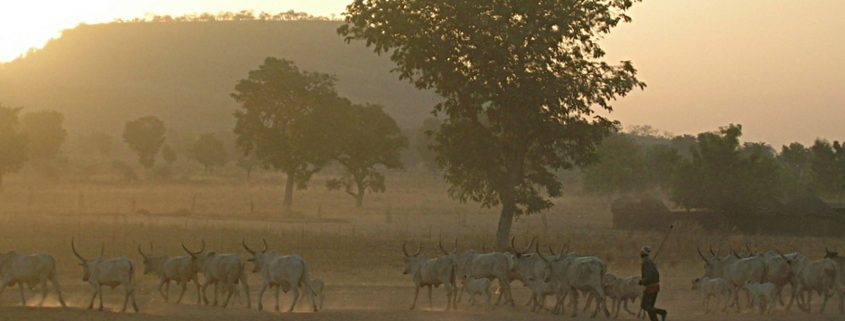

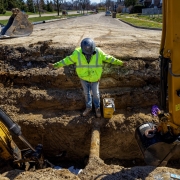
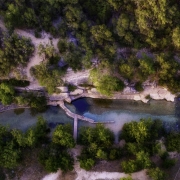


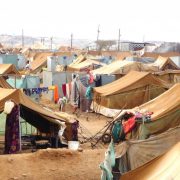
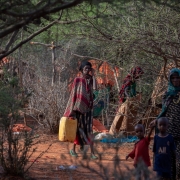



Leave a Reply
Want to join the discussion?Feel free to contribute!